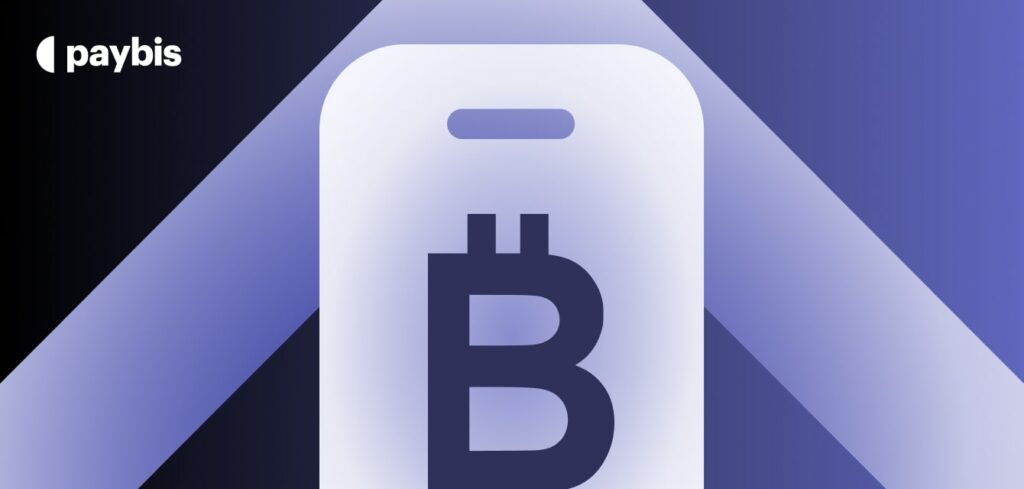Initial Coin Offering (ICO)
An Initial Coin Offering (ICO) is a way for crypto projects to raise money by selling new tokens to investors, usually in exchange for Bitcoin or Ethereum.
What is an Initial Coin Offering (ICO)?
An Initial Coin Offering (ICO) is a fundraising method used by cryptocurrency projects. During an ICO, a project sells its own crypto token to early supporters, usually in exchange for more established cryptocurrencies like Bitcoin (BTC) or Ethereum (ETH).
The goal is to raise money to build the project. In return, investors get tokens that may be used on the platform or traded later. Think of it like a crowdfunding campaign, but instead of rewards or shares, you get crypto tokens.
ICOs became very popular during the 2017 crypto boom. Some led to major projects like Ethereum and Solana, while others turned out to be scams or failed projects.
How ICOs Work
Here’s a simple breakdown of how an ICO usually works:
- Whitepaper release: The project publishes a document explaining what they’re building, why it’s useful, and how the token will work.
- Token creation: Developers create a limited number of tokens on a blockchain, like Ethereum.
- Fundraising period: Investors send crypto (usually ETH or BTC) to the project’s wallet address and receive the new token in return.
- Project development: The team uses the raised funds to build the product or service.
The success of an ICO depends on the project’s credibility, the problem it solves, and the trust investors have in the team.
Common Uses for ICOs
ICOs have helped launch many well-known crypto projects. Here’s how they’re typically used:
- Launching new blockchains: Projects like Ethereum and EOS used ICOs to fund their own blockchain networks.
- Funding DeFi platforms: ICOs have helped finance decentralized finance tools and protocols.
- Building utility apps: Some ICOs fund apps that use tokens for payments, rewards, or access.
- Community building: ICOs often help create early communities of users and investors who support the project.
FAQ
Is an ICO the same as an IPO?
No. An ICO raises funds using crypto tokens, often without giving legal ownership or shares. An IPO (Initial Public Offering) involves selling stock in a regulated way on traditional markets.
Are ICOs legal?
It depends on the country. Some governments allow ICOs with clear rules, while others have banned or restricted them. In the U.S., many ICOs are considered securities and must follow specific laws.
What should I check before investing in an ICO?
Always read the whitepaper, research the team, and check if the project is transparent about how funds will be used. Be cautious, scams and risky projects are common in the ICO space.
What happens to the token after an ICO?
After the ICO, the token may be listed on crypto exchanges, where people can buy or sell it. It might also be used within the platform for payments, rewards, or governance.
Are ICOs still popular today?
ICOs are less common now. Many projects prefer newer models like IEOs (Initial Exchange Offerings) or IDOs (Initial DEX Offerings), which add more security and trust. Still, ICOs played a big role in crypto’s growth.
Disclaimer: Don’t invest unless you’re prepared to lose all the money you invest. This is a high‑risk investment and you should not expect to be protected if something goes wrong. Take 2 mins to learn more at: https://go.payb.is/FCA-Info


